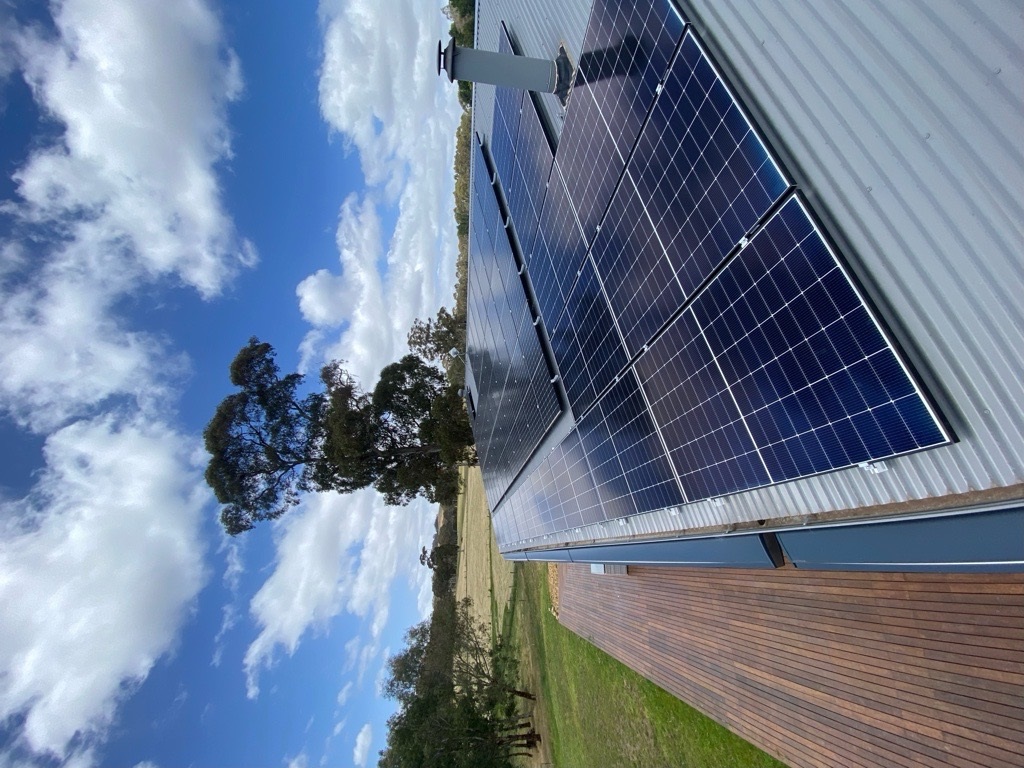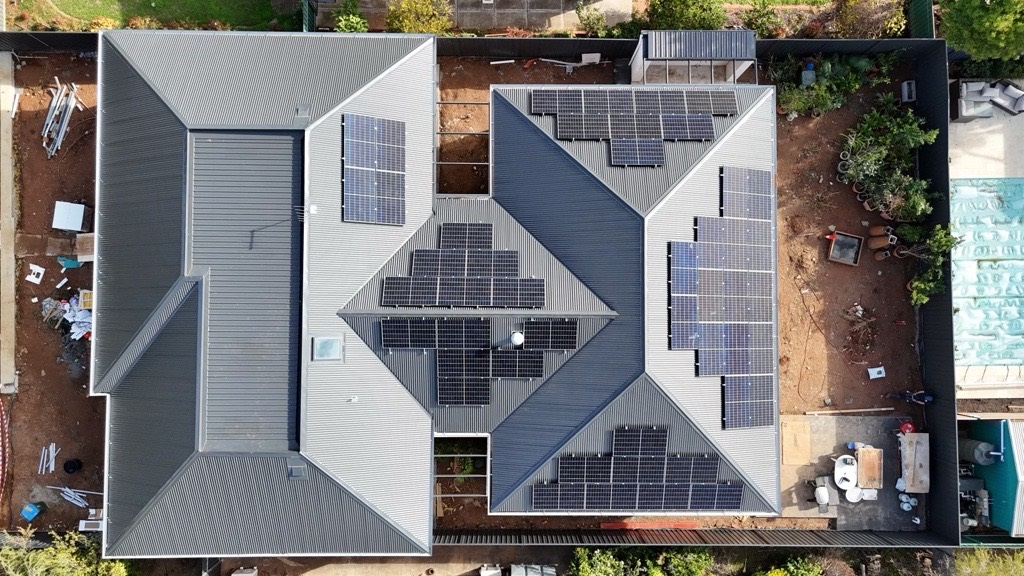
How Much Does a Commercial Solar System Cost in 2025
In 2025, more Australian businesses are looking at solar power as a way to slash energy bills, boost sustainability, and protect themselves from rising electricity prices. But one of the most common questions business owners ask is: how much does a commercial solar system actually cost?
The answer isn’t one-size-fits-all. Prices vary depending on system size, technology, installation requirements, and government incentives. This blog breaks down the key cost factors, what businesses can expect to pay, and why going solar in 2025 is more affordable and valuable than ever.
Typical Costs of Commercial Solar in Australia
Commercial solar systems are larger and more powerful than residential ones, designed to meet the energy demands of warehouses, offices, factories, and retail spaces.
- Small commercial systems (10–30 kW): $12,000 – $40,000
- Medium systems (30–100 kW): $40,000 – $120,000
- Large systems (100–250 kW+): $120,000 and above
These figures are averages in 2025 and can change depending on technology, roof design, and the installer. While upfront costs may seem high, most systems pay for themselves within 3–6 years through energy savings.
Key Factors That Influence Cost
1. System Size and Energy Needs
The bigger your energy usage, the more panels and higher capacity you’ll need. A factory running machinery all day will require a much larger system than a small retail shop.
2. Solar Panel and Inverter Quality
Premium solar panels and advanced inverters cost more but provide better efficiency and longer warranties. In the long run, higher-quality products often deliver more savings.
3. Battery Storage
Adding commercial solar batteries can increase the initial investment but allow businesses to store excess energy and reduce reliance on the grid, especially during peak demand times.
4. Installation Conditions
Roof type, shading, accessibility, and structural requirements all affect installation costs. A straightforward roof with good sun exposure will be cheaper to install on than one requiring additional engineering.
5. Government Incentives
Australian businesses in 2025 can still benefit from Small-scale Technology Certificates (STCs) and other tax incentives that lower the upfront cost of solar. Incentives vary by state, so it’s worth checking what’s available in your region.
The Return on Investment (ROI)
The real value of commercial solar lies in its long-term savings. Energy bills are one of the biggest overheads for businesses, and solar power can cut those costs by up to 70%.
For example:
- A 50 kW system may cost around $60,000.
- If it saves $15,000 a year in electricity costs, it will pay for itself in just 4 years.
- With panels lasting 20–25 years, that’s more than a decade of free electricity.
When you factor in rising energy prices, the ROI is often even quicker.
Why 2025 Is the Right Time for Commercial Solar
Electricity prices in Australia continue to rise, and many businesses are facing higher operational costs. At the same time, solar technology has become more efficient and affordable. Combined with government rebates, there has never been a better time for businesses to invest.
Beyond cost savings, going solar also enhances your company’s reputation. More consumers and clients prefer supporting businesses that prioritise sustainability. Installing solar is not just a financial decision — it’s a brand statement.
Practical Tips for Businesses Considering Solar
- Get a tailored energy assessment to determine the right system size.
- Compare quotes from Solar Accreditation Australia–accredited installers for transparency and quality.
- Think long term — don’t just choose the cheapest option; focus on efficiency, warranties, and performance.
- Consider future expansion — if your business is growing, plan for a system that can scale.
Conclusion
So, how much does a commercial solar system cost in 2025? While the investment varies from tens of thousands to over $100,000 depending on system size and features, the long-term benefits far outweigh the upfront cost. Lower energy bills, stronger energy independence, and a greener business image make solar one of the smartest investments Australian companies can make today.
If you’re considering solar for your business, start by assessing your energy needs and speaking with a trusted installer. The right system will not only save you money but also future-proof your business in a world where sustainability and energy security are more important than ever.



